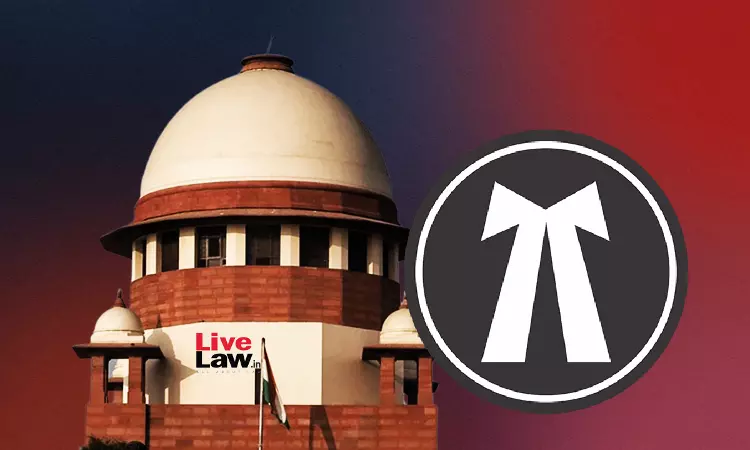Supreme Court Upholds Quashing Of Cheating Case Against Advocate Over Taking Money From Client Promising Favourable Outcome
Yash Mittal
1 April 2025 4:41 PM IST

The Court upheld the HC's view that the promise of a favourable outcome in litigation was not enforceable in law.
Next Story


